
Side effect of stopping omeprazole as NHS issues warning over use
⚠️ Omeprazole: Why the UK's Most Prescribed Acid-Reducing Drug Comes With Serious Long-Term Risks
Omeprazole, a proton pump inhibitor (PPI), is one of the most widely prescribed medications in the UK. Between 2022 and 2023 alone, over 35 million prescriptions for omeprazole were issued in England, contributing to a staggering 73 million total prescriptions for PPIs nationwide. These medications are designed to reduce stomach acid and are commonly used to treat conditions such as heartburn, acid reflux, indigestion, and peptic ulcers.
While PPIs like omeprazole offer fast and effective relief—sometimes within hours—they are not intended for long-term use without medical supervision. The NHS advises that over-the-counter omeprazole should not be taken for more than two weeks without consulting a healthcare professional.
🧪 What Is Omeprazole and Why Is It So Popular?
Omeprazole works by blocking the proton pumps in the stomach lining that produce acid. This mechanism helps alleviate symptoms of acid reflux and indigestion, and it’s also used in combination with antibiotics to treat Helicobacter pylori infections. Other PPIs include lansoprazole, pantoprazole, rabeprazole, and esomeprazole.
Its popularity stems from its effectiveness and accessibility. However, medical experts warn that prolonged use may mask underlying conditions and lead to serious health complications.
🚨 Long-Term Side Effects: What You Need to Know
According to the NHS and recent studies, extended use of omeprazole can result in a range of adverse effects:
- Clostridium difficile infection: Reduced stomach acid can allow harmful bacteria to thrive, increasing the risk of severe diarrhoea and intestinal inflammation.
- Bone fractures: Long-term PPI use has been linked to decreased calcium absorption, raising the risk of osteoporosis and fractures.
- Pneumonia: Suppressed acid levels may impair the body’s ability to kill inhaled pathogens, increasing susceptibility to respiratory infections.
- Hypomagnesaemia: Low magnesium levels can cause fatigue, muscle weakness, dizziness, and abnormal heart rhythms.
- Vitamin B12 deficiency: PPIs may interfere with nutrient absorption, leading to neurological and hematological issues over time.
- Kidney disease: Studies have associated long-term PPI use with chronic kidney disease and acute kidney injury.
- Gastric cancer: In rare cases, prolonged acid suppression may contribute to the development of stomach malignancies, especially after H. pylori eradication therapy.
🔄 What Happens When You Stop Taking Omeprazole?
Discontinuing omeprazole after extended use can trigger a phenomenon known as rebound acid hypersecretion. This occurs when the body compensates for suppressed acid production by overproducing it once the medication is stopped.
Symptoms may worsen temporarily, typically lasting up to two weeks. The NHS recommends managing this by either:
- Taking omeprazole only when symptoms arise
- Using over-the-counter antacids
- Gradually tapering the dose under medical supervision
✅ Best Practices for Safely Stopping Omeprazole
Your GP may suggest one of the following strategies depending on your condition:
- Cold turkey: Cease use once your prescribed course ends.
- As-needed dosing: Take omeprazole only when symptoms flare.
- Gradual tapering: Slowly reduce the dose to minimize rebound effects.
To support your digestive health during this transition:
- Eat moderate portions at regular intervals.
- Avoid meals 2–3 hours before bedtime.
- Elevate your head by 15–20 cm while sleeping.
- Wear loose clothing after meals.
- Maintain a healthy weight, especially if overweight.
🩺 Final Thoughts
Omeprazole is undeniably effective, but its widespread use has led to growing concerns about long-term safety. If you’ve been using it for more than two weeks without medical advice, it’s time to speak with your GP. What seems like a harmless remedy could be masking deeper health issues or contributing to new ones.
For more information, consult the NHS guidelines or review the IBTimes UK report.
News in the same category


Medicinal Health Benefits of Turmeric, Curcumin and Turmeric Tea Based on Science

The best way to lower blood pressure fast!

9 Habits You Need To Adopt Today To Stop Alzheimer’s or Dementia Before It Starts
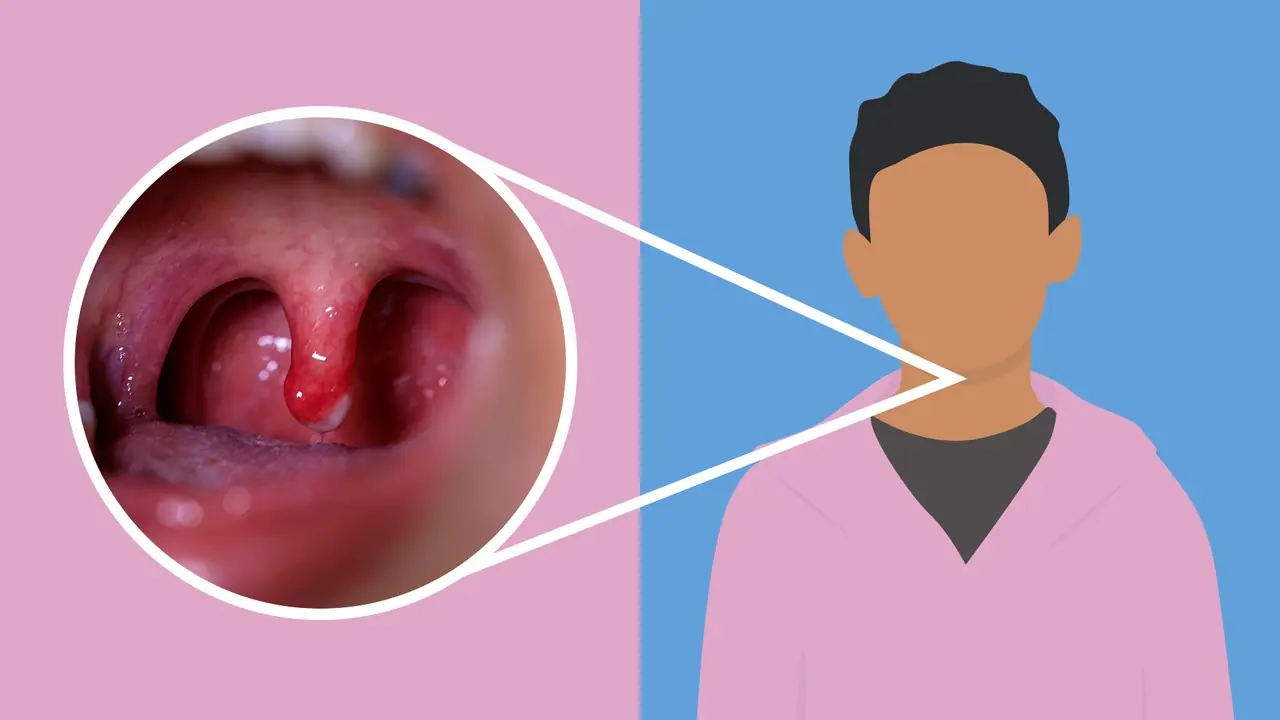
Get Rid of Throat Mucus Faster With These Highly Effective Natural Remedies
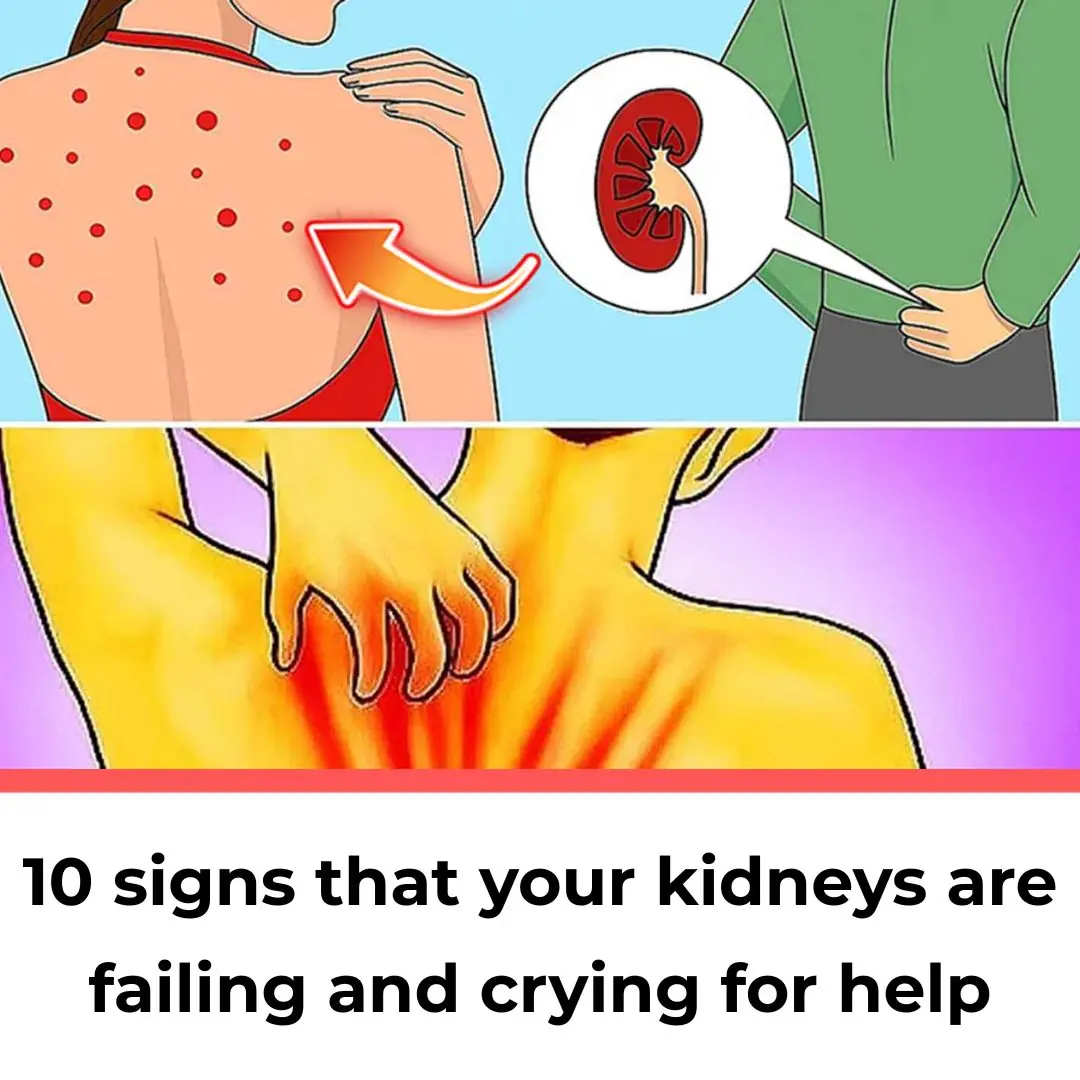
10 Symptoms of Kidney Disease

EAR PAIN EXPLAINED Causes, Relief & When to See a Doctor

Men Over 60: Chew This for 60 Seconds to Boost Energy & Confidence

How to Lose Weight with Cucumber! Simple & Quick Morning Recipe

5 Deficiencies Almost Everyone Has (But Doesn’t Know About)

Scientifically Proven Health Benefits of Papaya (Fruit) and Uses for the Seeds

Scientifically Proven Health Benefits of Extra Virgin Olive Oil
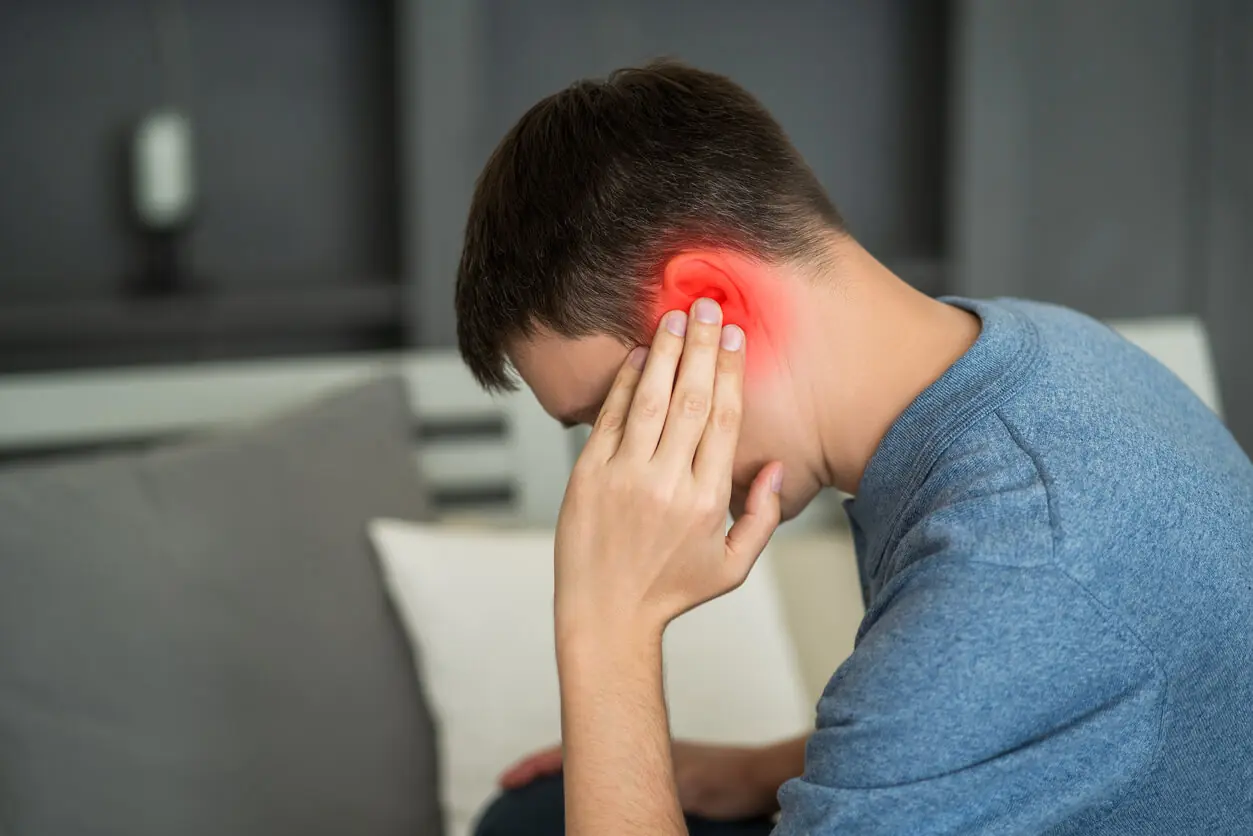
Sharp Pain in Ear: Causes, Treatments, and When to See a Doctor
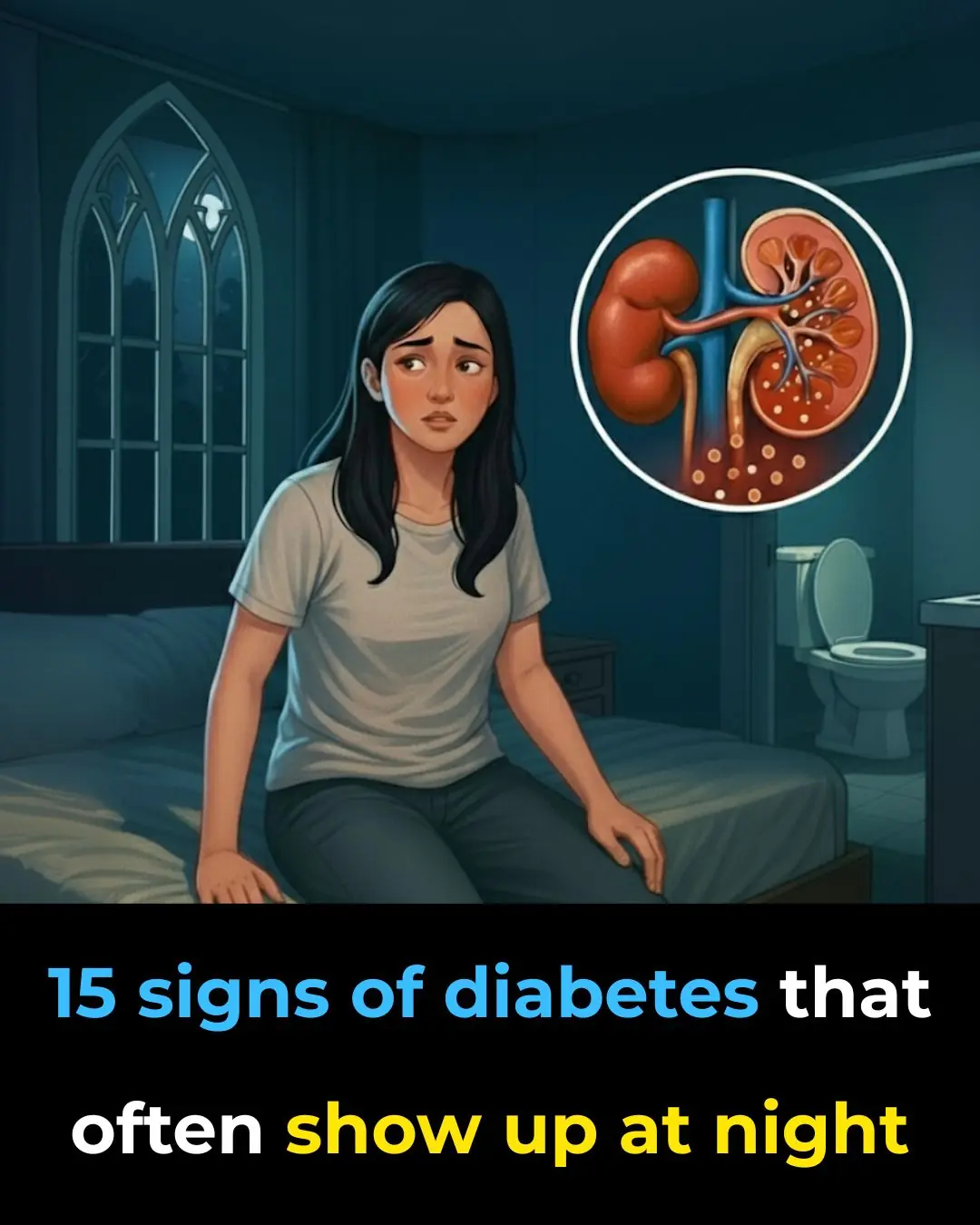
15 Nighttime Signs of Diabetes You Shouldn’t Ignore

Proven Health Benefits of Banana and Banana Peel Based on Science

Worrying health reality of what it means if you leave skids in the toilet
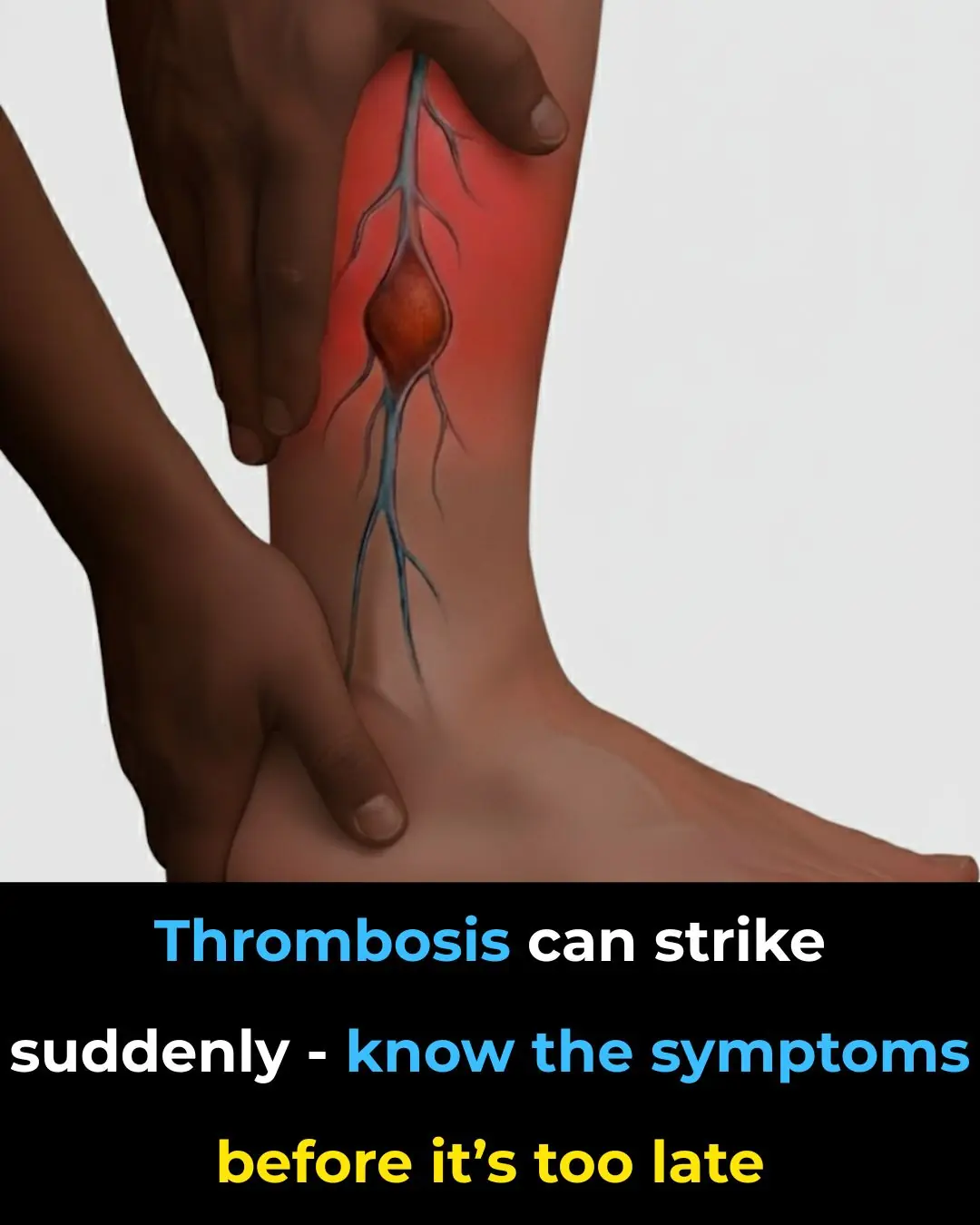
Blood Clot in Leg: Signs and Symptoms You Shouldn’t Ignore (Pictures Included)
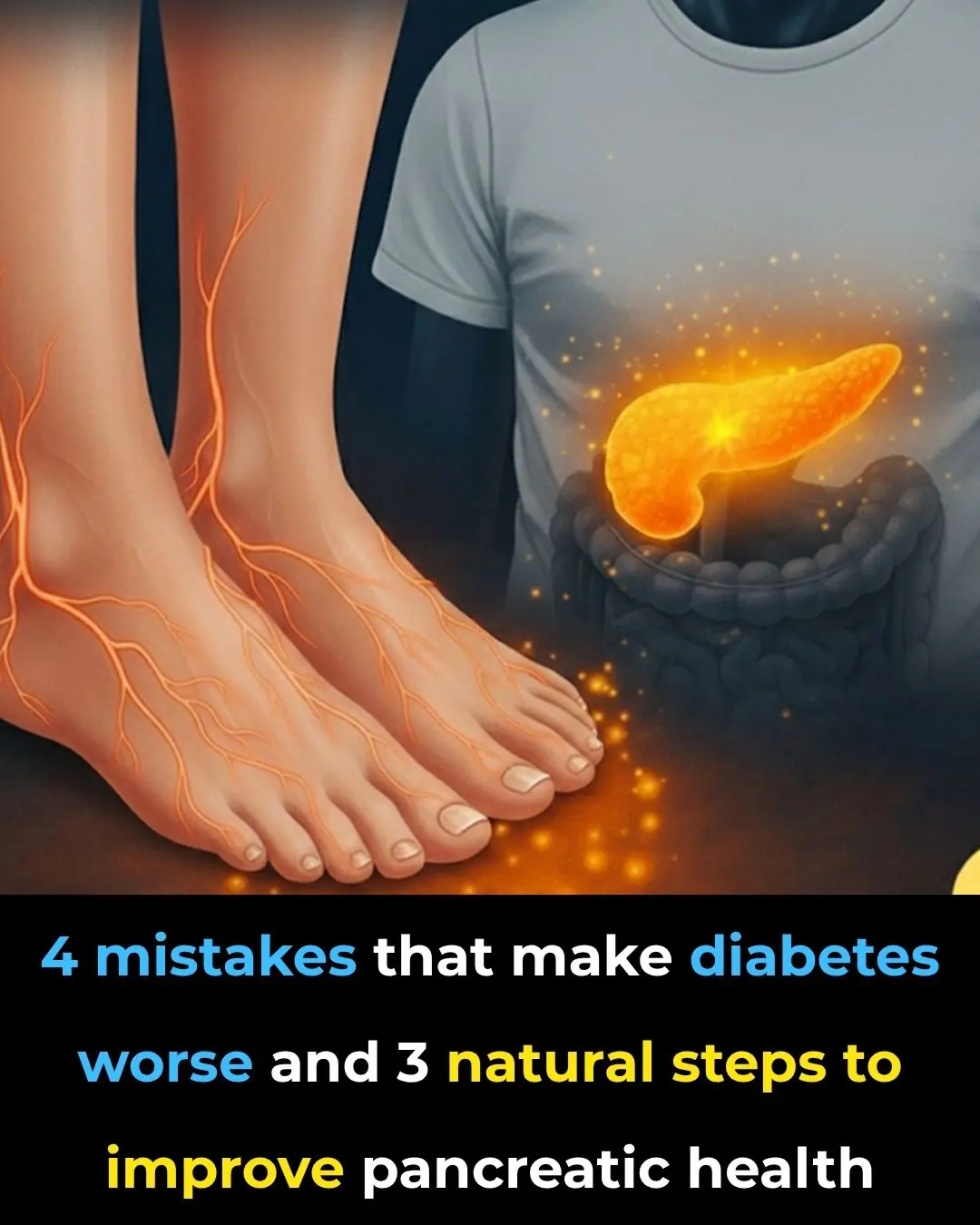
4 diabetes mistakes you MUST avoid + 3 Secrets to naturally regenerate your pancreas!

#1 best way to reverse & slow dementia
News Post

Aloe Vera and Cinnamon Remedy: Natural Benefits for Eye Health, Immunity, and Healing

12 Powerful Benefits of Moringa Seeds

Goldenberries (Physalis peruviana): A Nutrient-Packed Powerhouse for Health and Vision

Oregano: The Golden Herb for Eye Health

Some of the Benefits of Castor Leaves and the Seed

10 Benefits and uses of purslane

Chanca Piedra (Stonebreaker): Benefits and Uses

Do you need to unplug the rice cooker after the rice is cooked: The surprising answer November 27, 2024

7 Benefits Of Papaya Seeds & How To Consume Them Correctly

Bougainvillea likes to 'eat' this the most, bury it at the base once and the flowers will bloom all over the branches

The elders say: "If you put these 3 things on top of the refrigerator, no matter how much wealth you have, it will all be gone." What are these 3 things?

Can rice left in a rice cooker overnight be eaten? Many people are surprised to know the answer.

After boiling the chicken, do not take it out immediately onto a plate. Do one more thing to make sure the chicken is crispy, the meat is firm, and the skin does not fall apart when cut.

Cut this fruit into small pieces and put it in the pot to boil the duck: The bad smell is gone, the meat is fragrant, soft and flavorful.

Warts on Hands: Causes and Effective Natural Treatments

Medicinal Health Benefits of Turmeric, Curcumin and Turmeric Tea Based on Science

4 ways to preserve green onions for a whole month without spoiling, fresh as new

The best way to lower blood pressure fast!

9 Habits You Need To Adopt Today To Stop Alzheimer’s or Dementia Before It Starts
